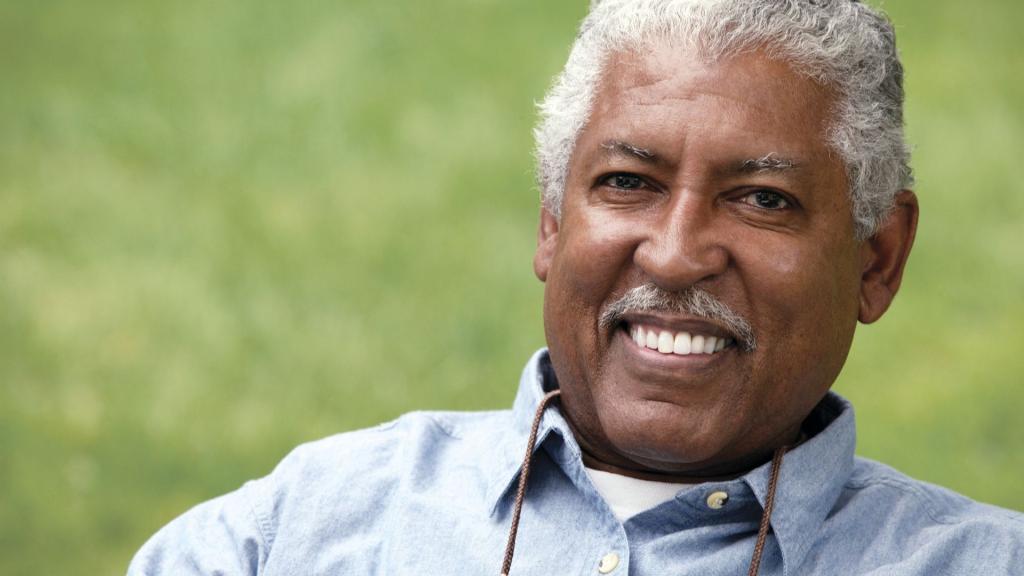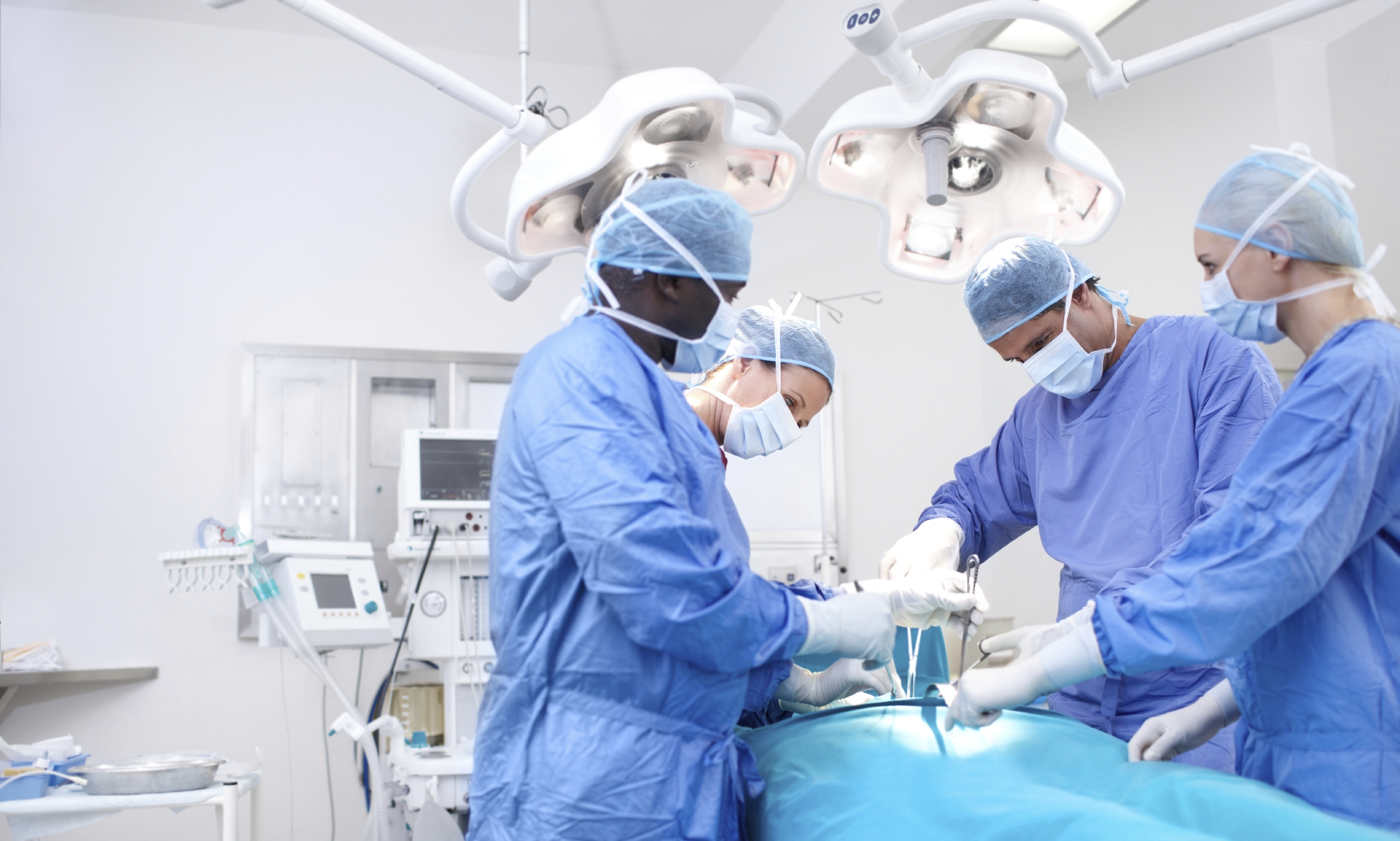
Oesophageal cancer
Oesophageal cancer is more common in people aged over 60. It affects more men than women. Around 520 people are diagnosed with it in Ireland every year.
Oesophageal cancer can be treated with surgery, radiotherapy and chemotherapy.
On this page:
What is oesophageal cancer?
Oesophageal cancer is cancer of the food pipe. Around 520 people are diagnosed with it in Ireland every year.*
Oesophageal cancer develops when cells in the oesophagus change and grow in abnormal way.
Usually the tumour doesn't cause symptoms at first, but as it grows it can cause difficulty with swallowing (dysphagia). This is because it narrows the oesophagus and makes food lodge or stick there. After that, it can be hard to swallow liquids.
Cancer can develop anywhere in your oesophagus and there are different types.

What is the oesophagus and what does it do?
The oesophagus is a long muscular tube that connects your throat with your stomach. In adults it is about 25-30 cm long and runs behind your windpipe (trachea).
When you swallow food, the muscles in your oesophagus move the food down into your stomach. A muscle valve at the end of your oesophagus prevents food and fluid from going back up. A valve at the top of your oesophagus stops food from going into your lungs.
The area where the oesophagus joins the stomach is called the gastro-oesophageal junction.
The wall of your oesophagus has four layers:
- Inner layer or lining (mucosa): The lining of your oesophagus is moist so that food can pass easily into your stomach. It is made up of skin-like cells called squamous cells.
- Submucosa: The gland cells in this layer produce secretions (mucus). Mucus helps to keep your oesophagus moist.
- Muscle layer (muscularis): The muscles in this layer push the food down to your stomach.
- Outer layer (adventitia): The outer layer, which covers the oesophagus, attaching it to nearby parts of the body.
Diagnosing oesophageal cancer
More information about oesophageal cancer treatment
Treatment for oesophageal cancer includes surgery, radiotherapy and chemotherapy. For more information about treatments for oesophageal cancer, visit our treatment page. For specific treatment information use the links below.
More information about oesophageal cancer
Looking for support?
Our cancer support section contains information and advice on coping with cancer for diagnosed patients and their loved ones.

Medical content updated from our 'Understanding oesophageal cancer' booklet (2022), reviewed by Claire Donohoe, Consultant General and Upper GI Surgeon, Jenny Moore, Oesophageal Cancer Coordinator and Ciara Tansey, Senior Dietitian, Upper GI Surgery.
*The Irish Cancer Society uses the most up-to-date cancer statistics from the National Cancer Registry Ireland, available on www.ncri.ie
For more information
Phone
1800 200 700










